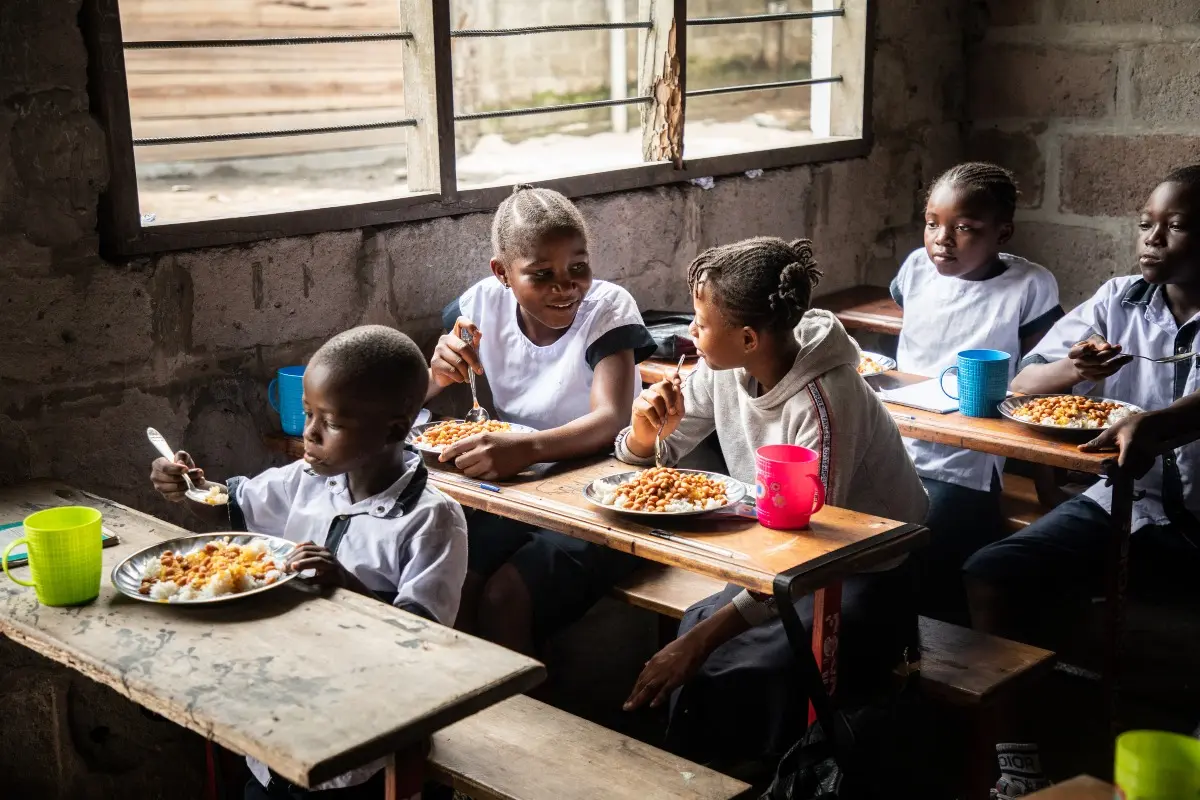
Do you want to access to this and other private contents?
Log in if you are a subscriber or click here to request service
WFP: free meals for almost half of students but not for the most vulnerable
In low-income countries, the situation has not yet returned to pre-Covid /Annex levels

Nearly 420 million children worldwide receive school meals, according to the State of School-Feeding Worldwide report released today by the UN agency World Food Programme. The survey indicates that, with 345 million people suffering from acute hunger, including 153 million children and young people, school meals are a critical safety net for vulnerable children and families."The nearly $50 billion...
lml - 30220
EFA News - European Food Agency
EFA News - European Food Agency